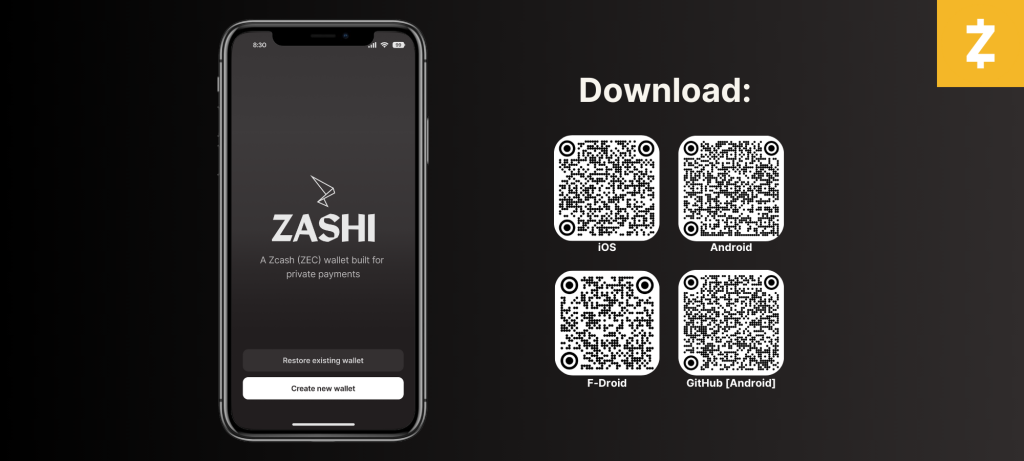In an increasingly connected world, privacy has become one of the defining issues of our time. Nearly every digital interaction—every search, message, location ping, and purchase—leaves behind a trail. These data trails are often harvested, sold, or exploited without our knowledge or meaningful consent. This reality has created a growing sense of unease for individuals who believe privacy is not just a personal preference, but a fundamental human right.
Financial Surveillance Without Consent
Financial privacy is especially vulnerable. When you make a purchase with a debit card, send money to a friend, or receive payment for your work, your data—who paid whom, when, where, and how much—is not just collected by numerous faceless organizations. It’s permanently stored and linked to your identity. Increasingly, it is aggregated and analyzed by private corporations, government entities, and data brokers. The result is a financial surveillance system that most people never opted into.
Your transactions become a record of your habits, your choices, your vulnerabilities, and your values. Over time, these records can be used to predict and manipulate your behavior and control individual and collective freedoms.
Your Tools Work for You?
Personal data is now one of the world’s most valuable commodities. In the multi-billion dollar data economy, everything about your online experience is designed to extract as much data about you as possible with little regard for your right to privacy.
Every time you use hardware or software connected to the internet, along with personal data, you leak metadata—time, location, device type, and more. Over time, this data forms patterns that can be analyzed to predict or infer details about your personality and life.
Avoiding all metadata leakage is virtually impossible unless you opt out of the digital world entirely. But you can take steps to minimize it. The first step is understanding the privacy implications of the tools you use—from your phone’s operating system to the apps you install.
Opting Out
At ECC, we believe individuals should have the option to participate in the digital economy without giving up their privacy. We believe private money matters—not because people have something to hide, but because they deserve the right to choose what they reveal about their lives and to whom. We also believe in educating our users to the best of our small team’s ability. But no matter how hard we try, we can’t anticipate or eliminate every risk. All we can do is identify, communicate, and resolve risks as they arise.
Zashi wallet is built on Zcash, a blockchain and a cryptocurrency that offer unmatched financial privacy. But we also recognize that privacy doesn’t begin and end with a protocol. It depends on how software is built, how devices are used, and what tradeoffs people are willing to make. In other words: privacy isn’t just about cryptography—it’s about user experience, education, and risk modeling.
Zashi & World
To help users understand the context in which our Zashi wallet operates, and how that context can affect their financial privacy, we’re currently working on the Zashi Risk Model—a living document that will outline potential privacy risks associated with using the app.
This document can never be complete. It must evolve with the technology and our users. As always, we will invite our community to help us improve it. If you notice behavior in Zashi that seems suspicious or unclear, please let us know, so we can address it.
Staying the Course
We’re proud of what Zashi has accomplished in its first year. We’ve made shielded ZEC easier to use, safer to store, and more accessible to people around the world. But we know there’s more to do. We remain committed to building software that empowers users to take control of their financial lives without sacrificing autonomy or exposing themselves to unnecessary risk.
In the digital age, privacy isn’t a luxury—it’s a necessity. And in a world where almost everything is tracked, private money might be one of the last frontiers of personal freedom.
Thank you for walking this path with us.
Onward.
